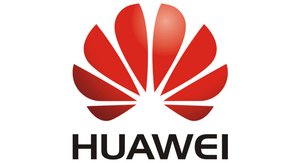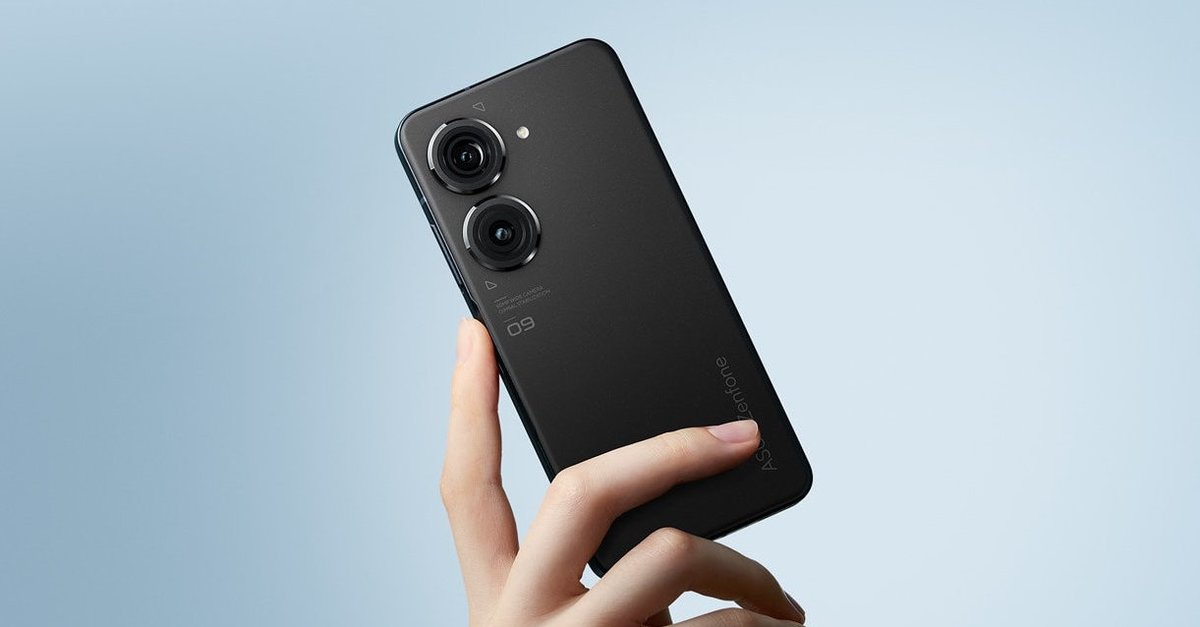How HarmonyOS should be a success
Huawei is facing a gigantic task: the change from a hardware manufacturer to a software company. HarmonyOS should be the mainstay here. A well-known YouTuber has now explained in an informative video how this succeeds and what effects it could have on the entire world of technology. This shows: HarmonyOS is not just HarmonyOS.

Huawei took its time for a long time, but now HarmonyOS is finally here. But what exactly is HarmonyOS and how is the new operating system supposed to save the ailing electronics company? YouTuber TechAltar tried his hand at an answer.
HarmonyOS should connect all devices
It is true that with “Open Harmony” there is actually a separate operating system from Huawei that is open source. But that is irrelevant and currently only runs on a small number of smart kitchen appliances. Huawei’s own devices, on the other hand, would continue to operate with the operating system that Huawei has been using for years. In the case of smartphones, for example, Android. The only difference to the past: Huawei integrates small parts from Open Harmony that take care of various functions. This includes authentication of users or a common app platform so that an app can run simultaneously across different device and operating system boundaries.
This holistic approach should ultimately lead to app developers porting their applications to HarmonyOS – after all, you would no longer have to adapt your app for different devices and operating systems. The industry expert believes that this could be a great advantage, especially in China. There are hardly any uniform standards in the People’s Republic, and every manufacturer is forced to cook his own soup. That costs time and money.
Huawei: from competitor to partner
Huawei’s ultimate goal is to be with HarmonyOS to create a third alternative to the Apple (iOS / macOS) and Google (Android / ChromeOS) ecosystem. But this can only be achieved if HarmonyOS is also used by other manufacturers. Of all things, Huawei’s falling sales figures could be an ace up their sleeve, believes the YouTuber. Because Xiaomi, Oppo and Co. no longer have to fear the group as a competitor in the hardware market, but as a partner in software development.


